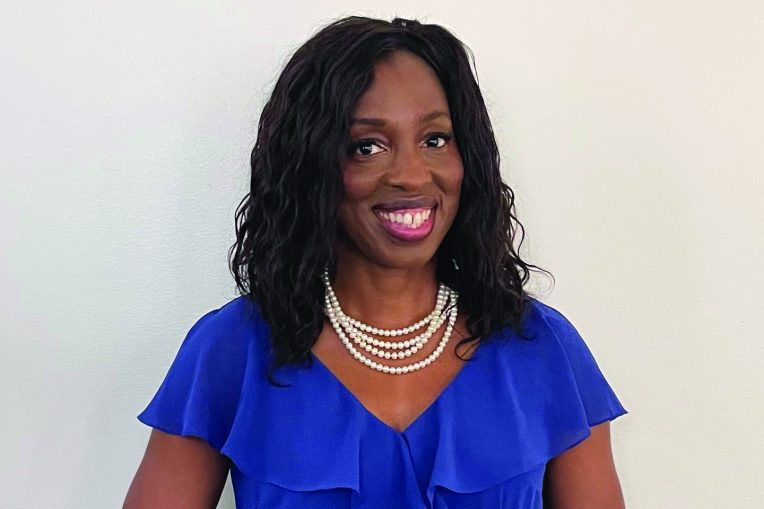Dr. Ngozi Ezike, director of the Illinois Department of Public Health (IDPH), will discuss health equity in Illinois at 6 p.m. Tuesday, October 19. This is a free, virtual presentation that is open to the public, but registration is required.
Ezike’s presentation is being co-hosted by the Center for Civic Engagement (CCE); Illinois State University’s Department of Health Sciences; and the University of Illinois Springfield’s College of Public Affairs and Administration and Center for State Policy and Leadership. This event is part of the CCE Exploring Wicked Problems series. Find out more about the series.
“UIS Center for State Policy and Leadership (CSPL) and College of Public Affairs and Administration (CPAA) are enthusiastic about partnering with ISU to host IDPH Director Ezike and raise awareness of health equity and disparities across Illinois,” said Dr. Molly Lamb, executive director of CSPL.
“Advancing social change starts with educating our citizens, creating an environment to discuss key policy problems, and building trust within our communities. This event falls right in line with the mission of both CPSL and CPAA and seeks to energize our community toward a collective effort,” Lamb continued.
Ezike’s presentation, “Exploring Health Equity in Illinois: Discussing the Vision for the Future” will explore health equity, not only in definition but how equity looks in practice. She will also highlight the state’s health improvement plan to identify key issues and action steps to address health equity in Illinois as well as discuss the impacts of COVID-19 and health equity related to health care access, health disparities, and building trust in Illinois communities.
Ezike is the first Black woman appointed to lead the 143-year-old state agency. She is a board-certified internist and pediatrician, getting her degrees from Harvard and the University of California, San Diego School of Medicine. Not only is she a Certified Correctional Health Professional and Diplomate of the American Board of Internal Medicine and the American Board of Pediatrics, but she is also an assistant professor of pediatrics at Rush Medical College in Chicago.
The presentation kicks off CCE’s next Exploring Wicked Problems series, “Health Inequities and Social Determinants of Health.” The occasional series looks at wicked problems, those that are complex and have no easy solutions.
“Focusing on health equity is essential to public health functions and roles and responsibilities of health education,” said Alicia Wodika, assistant professor, Illinois State’s Department of Health Sciences. “We hear a lot about ways in which health equity is defined but the missing piece is always how and what health equity looks like during the action steps and hopefully achieved.”
“The Wicked Problems Series is a perfect way to not only define health equity but also demonstrate the ongoing efforts of community partners in how they address health equity in Bloomington-Normal as well as identify the ongoing efforts at the state level to achieve health access and equity for all,” Wodika continued.
For more information on other events in the Exploring Wicked Problems series, visit the CCE website.

